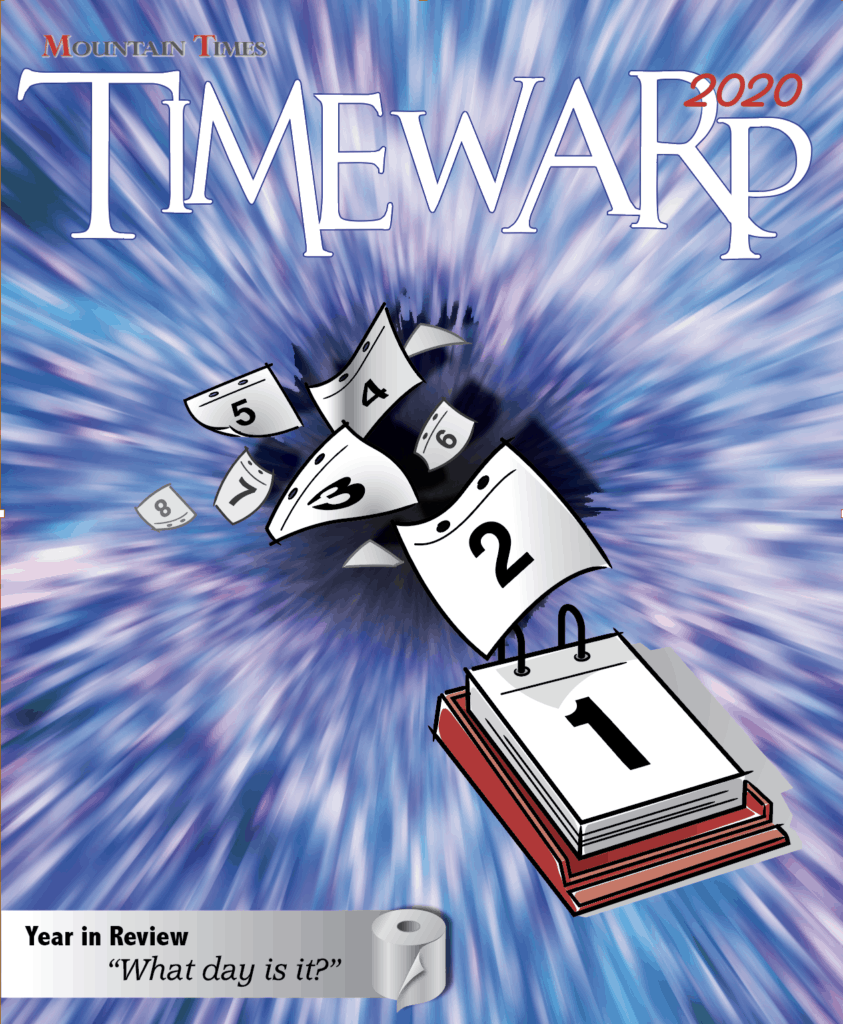
By Brooke Geery
2020 will go down in infamy as a year remembered more for the bad than the good, like 1929 or 2008. For that reason, we’ve opted to save our Year In Review until we were sure it was actually over. Now, in this first week of January, let’s look back on the year we probably would rather forget!
January
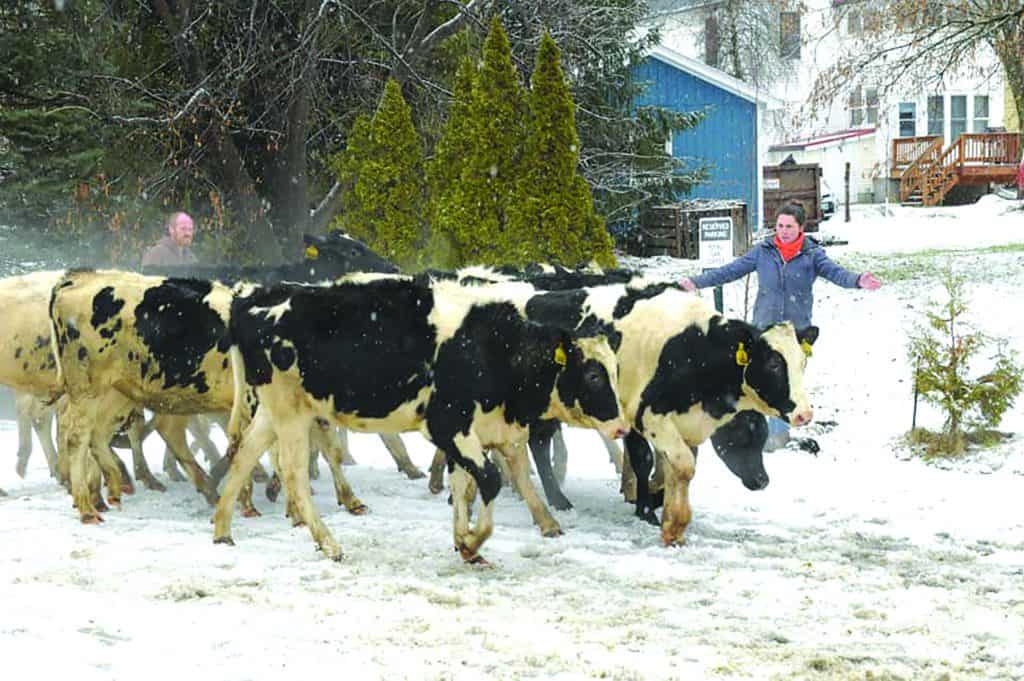
2020 started like any other year. How sweet and naive we all were back then. As politicians geared up for what would seem like the longest general election cycle—ever—a herd of cows broke loose from a truck and ran wild through the streets of Middlebury, (1). The men’s US Ski team came to Killington to train and KMS selected Claire Kersho as its new headmaster.
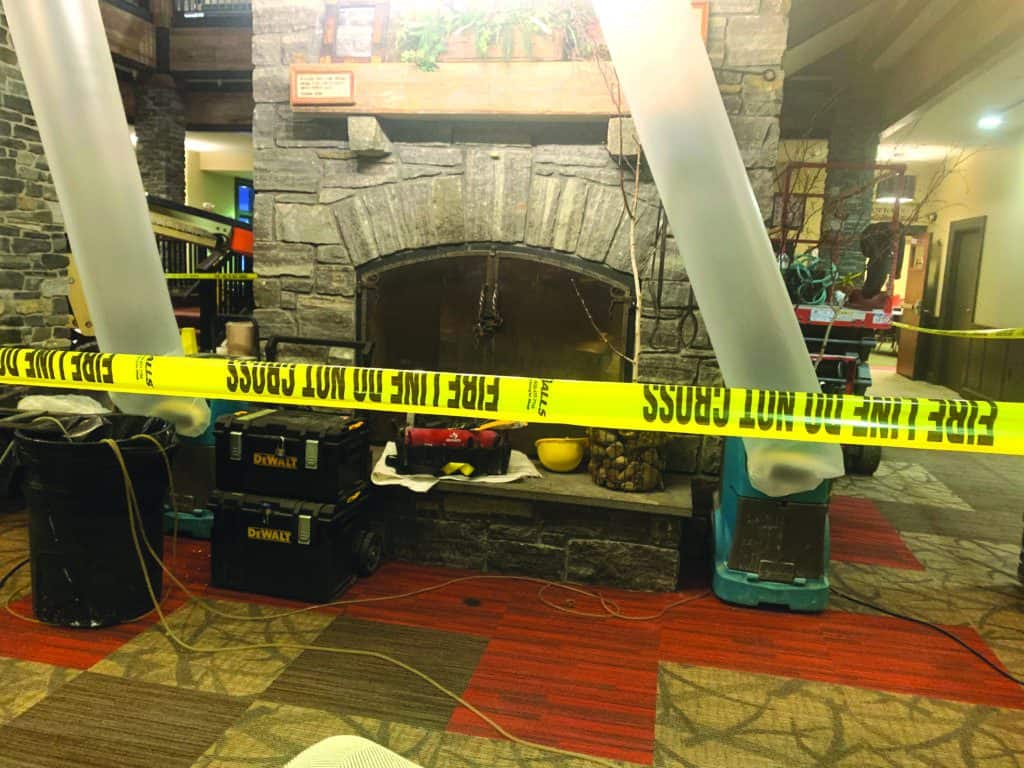
A small chimney fire at the Killington Grand Hotel led to guests being evacuated (2), and five hemp farmers in the state were scammed for more than $500,000. A study found 28 Vermonters took advantage of physician-assisted death in 2019, and lawmakers introduced a bill to decriminalize sex workers in the state.
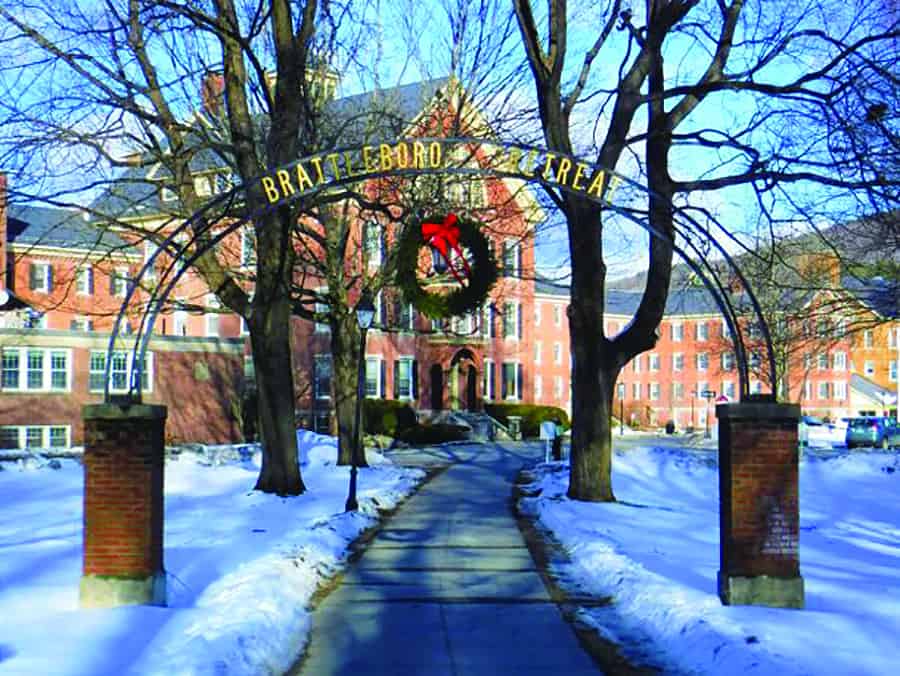
The Brattleboro Retreat was in the midst of a “reoccurring financial crisis,” and looked at sale or closure (3). As of this writing, it is still open, though has discontinued several programs. There was drama on the Pittsfield Select Board, as two members called on each other to resign, and the Rutland City fire chief was suspended for “bullying.”
The Windsor Central Union school district struggled to make a budget due to confusion over how many pupils it would have, and what to do with The Prosper Valley School, (which the board later voted to rehab). The Killington Planning Commission approved short-term rental regulations — a topic which would come up again and again.
February
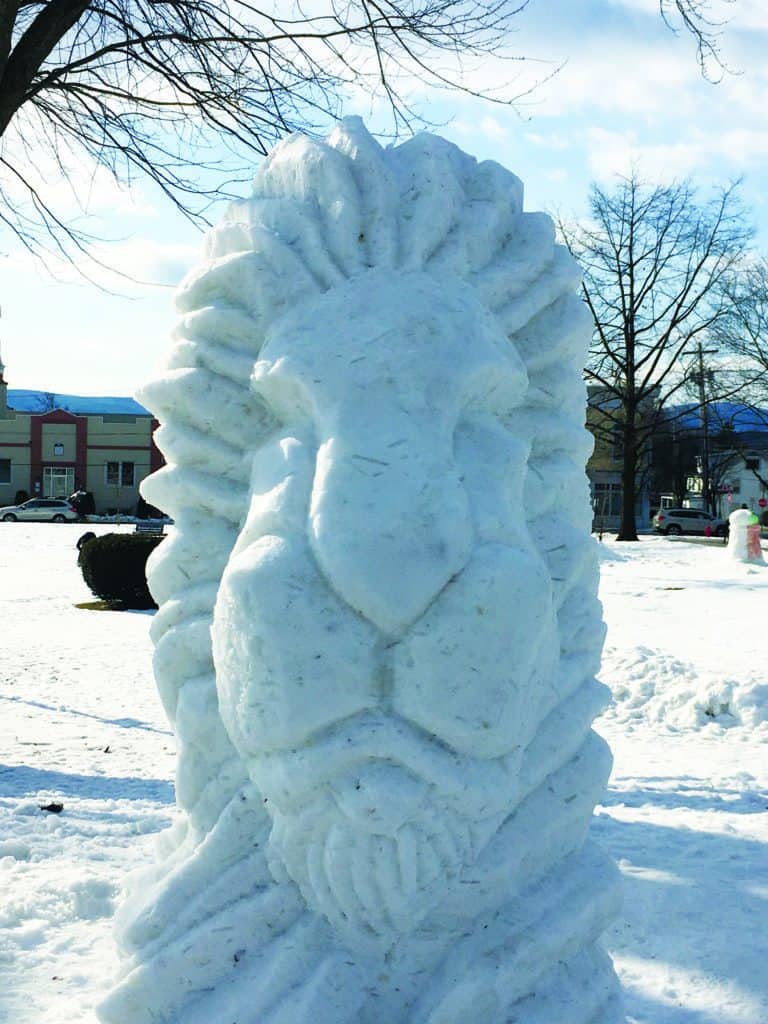
Remember winter events? Well, there were lots of them in February. Rutland’s Winterfest saw sledding the streets and sculptures in the parks (4). Speaking of snow sculptures, Tony Perham, Katie Runde and Mugsy Logan (aka the “Pour Saps”) of Woodstock won the U.S. National Snow Sculpting Championship held in Lake Geneva, Wisconsin, Jan. 29-Feb. 1 with “The Cow Jumped Over the Moon,” (5).
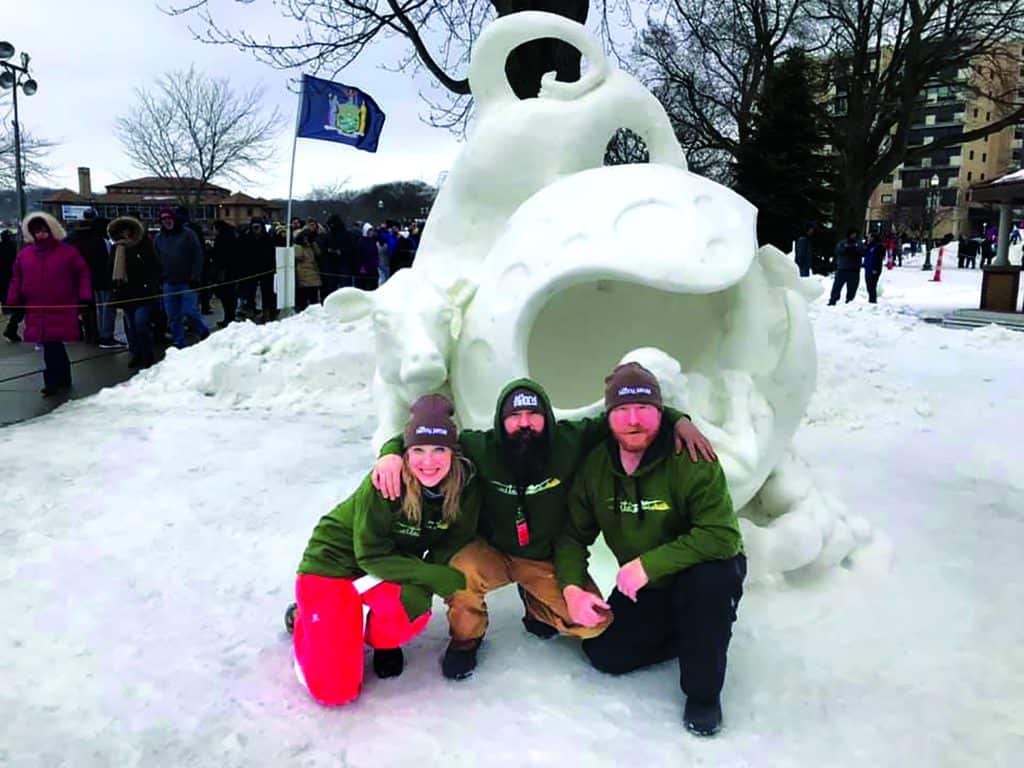
Pico debuted a new “Peak Lodge” for uphill travelers (6) and Vermont Adaptive expanded its footprint to Sugarbush, providing more opportunities for inclusive sports. In Rutland, the real estate market was booming. City police involved in a shoot out that killed the ex-mayor’s son and nephew were cleared of charges. Gov. Scott vetoed a mandate to increase in the minimum wage in Vermont, but was over ridden by the House and Senate.
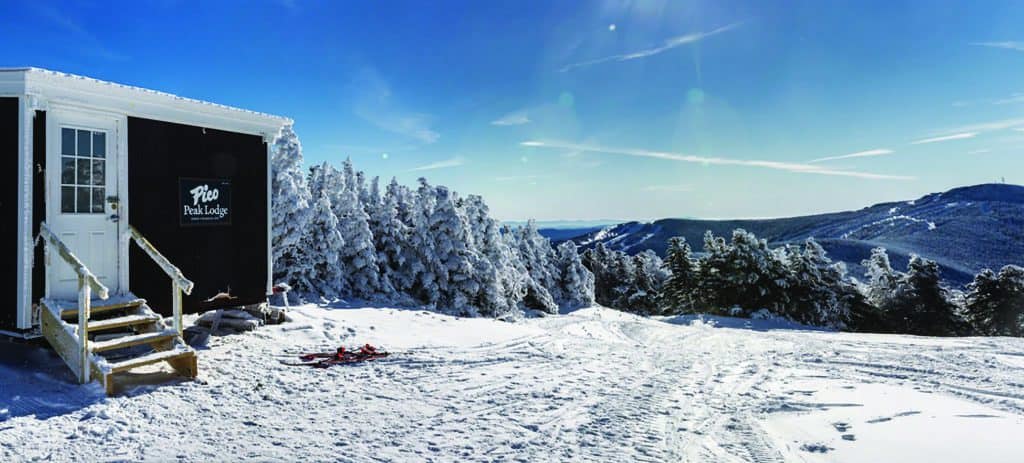
Over 400 neglected animals were rescued from a farm in Brandon (7). And 79% of Vermont schools’ tap water was found to contain lead. Finally, the state acknowledged the coronavirus for the first time on Feb. 19. The news was: it’s nothing to be concerned about in Vermont.
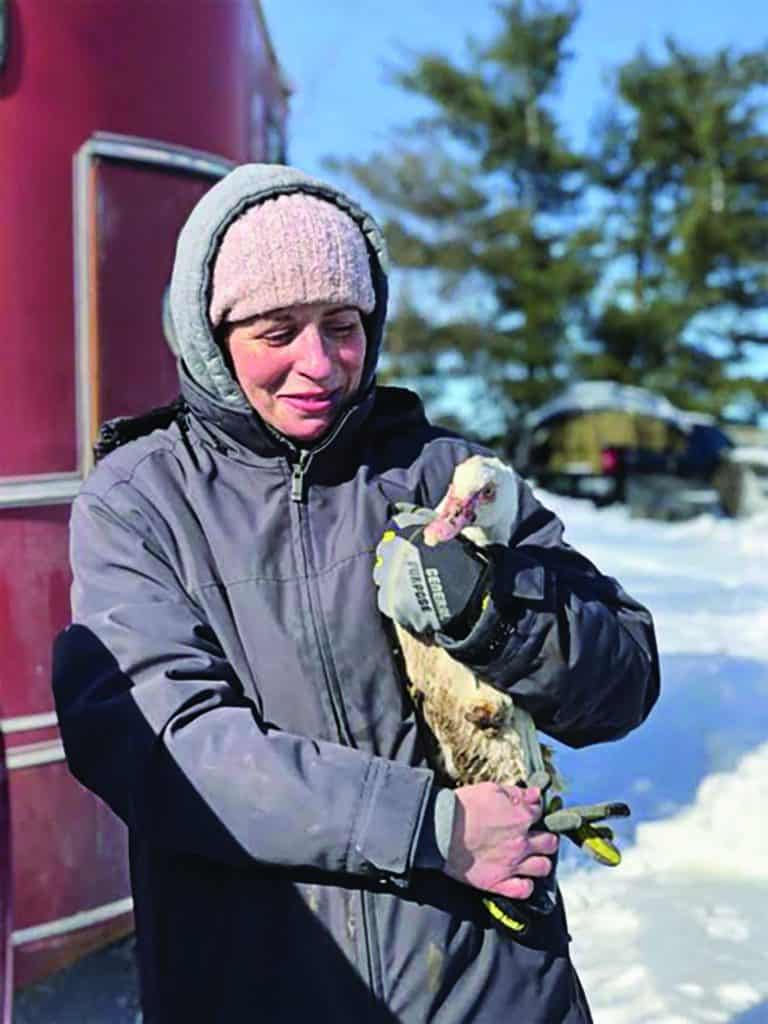
March
March started on a high note with a crested caracara named Carl flying into Woodstock (8). The state’s Stay to Stay program encouraged visitors to become residents. The House passed a recreational cannabis bill and Spartan Race purchased Tough Mudder. A new community radio station, 101.5, came on the air.
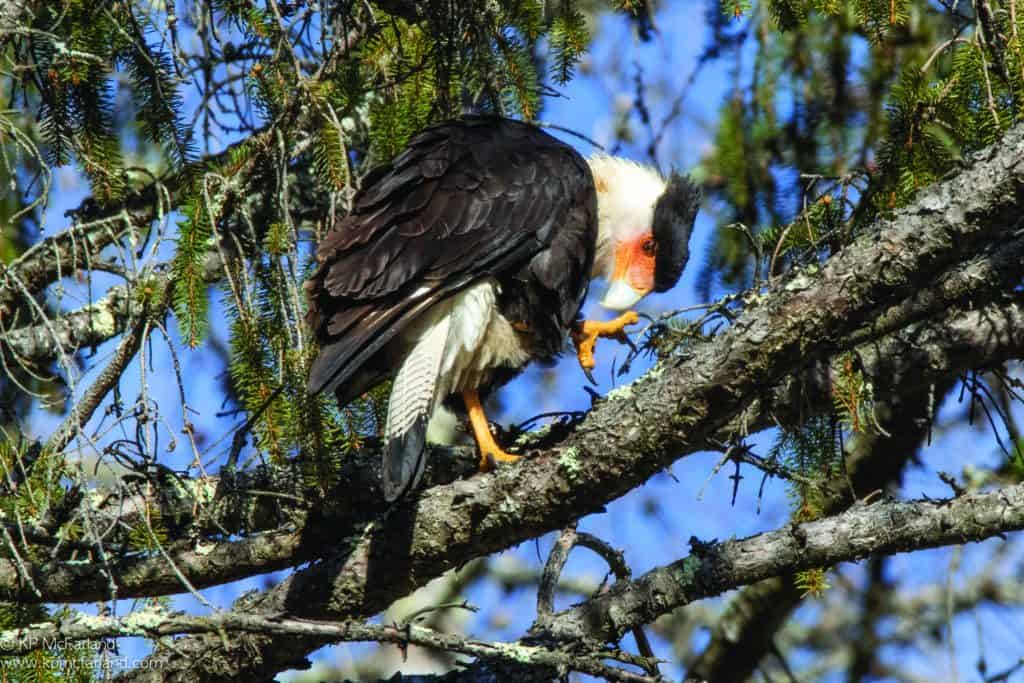
And then it happened. On March 11, a patient in Bennington became Vermont’s first “presumptive positive” Covid-19 case. Seemingly over night, the world shut down. By March 15, everything was closed. This included ski resorts, bars, hotels, gyms — anywhere that people might gather. Restaurants closed to indoor dining, and pivoted to takeout and delivery services.
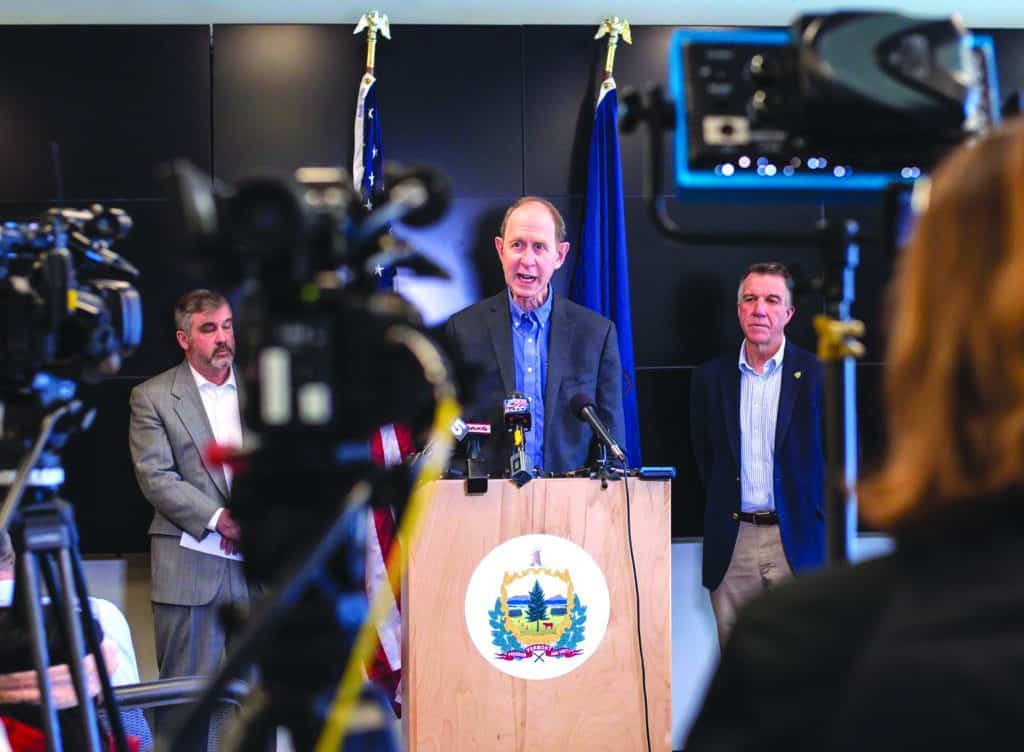
Essential businesses, such as grocery stores, gas stations, auto shops and doctors’ offices remained open; however, Gov. Phil Scott encouraged all Vermont residents to assume they had the virus and stay home (9).
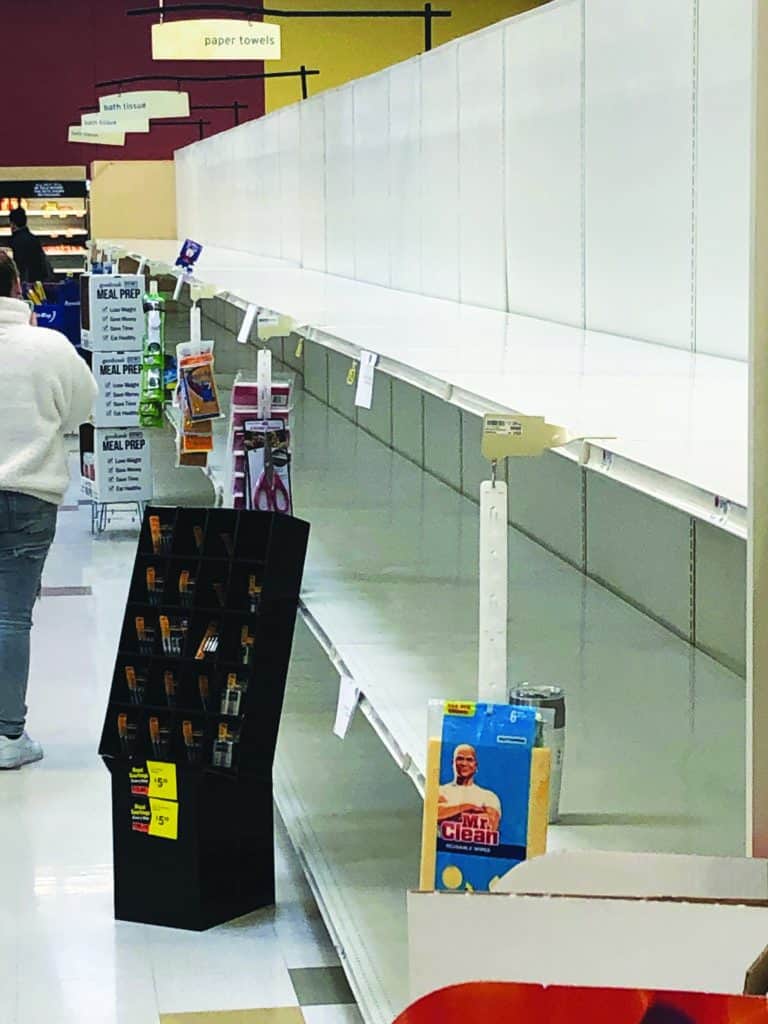
With closures came job losses and Vermont scrambled to set up an effective online system for people to use, as well as expanding eligibility for the unemployment program. Toilet paper and cleaning supplies were stripped from the stores, as people prepared to lockdown and face the unknown (10).
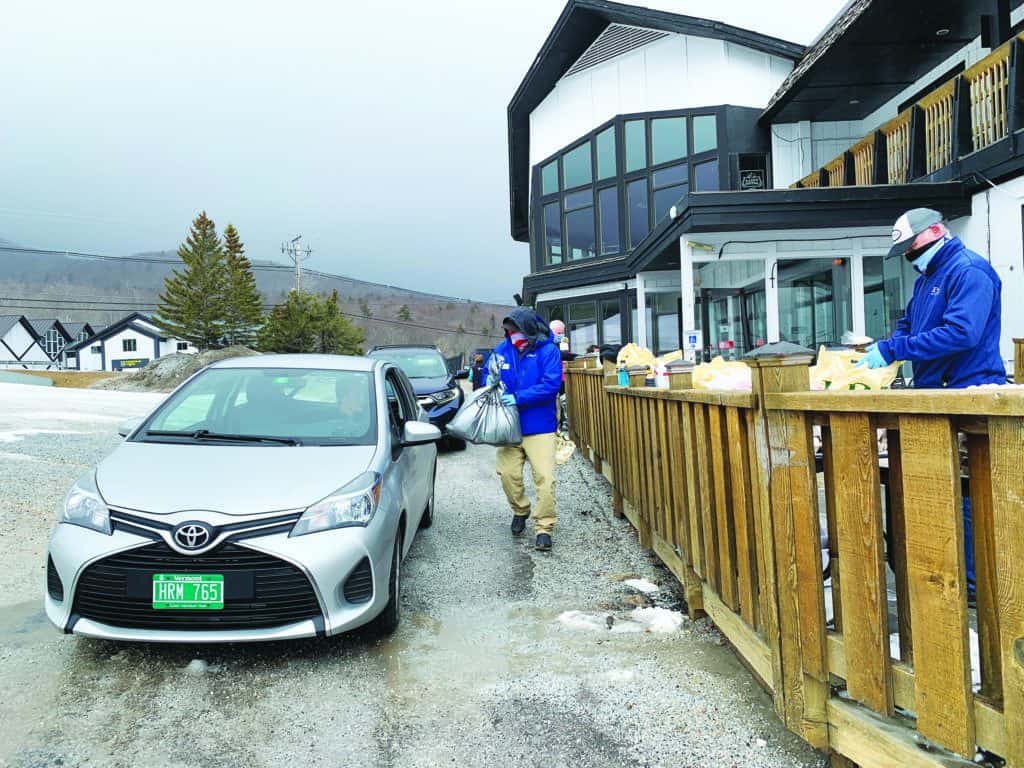
Killington Resort used its excess food stock to provide groceries for its staff and locals in need, in the first of many drive-thru grocery giveaways (11).
Vail Resorts called it quits for the season on Tuesday, March 17 at all its resorts. On Thursday, March 19, Killington closed, but said “Our goal is to reopen when we can.” They did not. Also on March 19, the first two Vermonters lost their lives to Covid-19.
On March 24, Governor Phil Scott issued a “stay home, stay safe” order and on March 26 closed schools to in-person instruction, but school officials still had to wrestle with budget issues, as well as the announced departure of WCUSD Superintendent Mary Beth Banios.
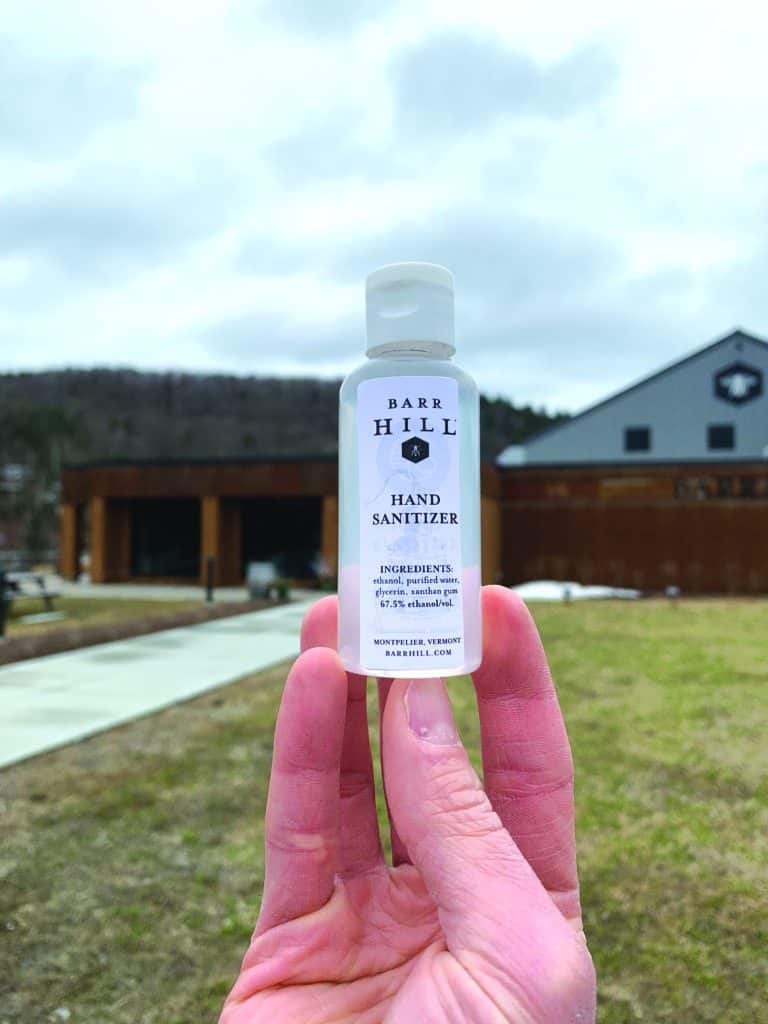
Covid-19 cases continued to rise in Vermont and around the world. Local distilleries turned to making hand sanitizer and volunteers sewed masks for healthcare workers on the front lines (12). Entertainers performed on Facebook live, and a fundraiser at Jax featuring the Idiots raised $1,300 for out-of-work Killington service industry workers. Vermont legalized takeout and delivery booze, so at least we had that going for us.
April
Ahh, April, when the reality of a global pandemic had truly set in. The good news: Congress passed $2 trillion in aid packages, with $2 billion of that sent to Vermont and $600-$1200 stimulus checks were distributed to all eligible Americans. And we needed it! Jobless claims skyrocketed to all time highs due to Covid-19. Numbers continued to rise around the world, with 338 cases in Vermont and 17 deaths as of Thursday, April 12. Vermont increased its testing capabilities, and luckily, infections here were not rising as fast as some had feared.
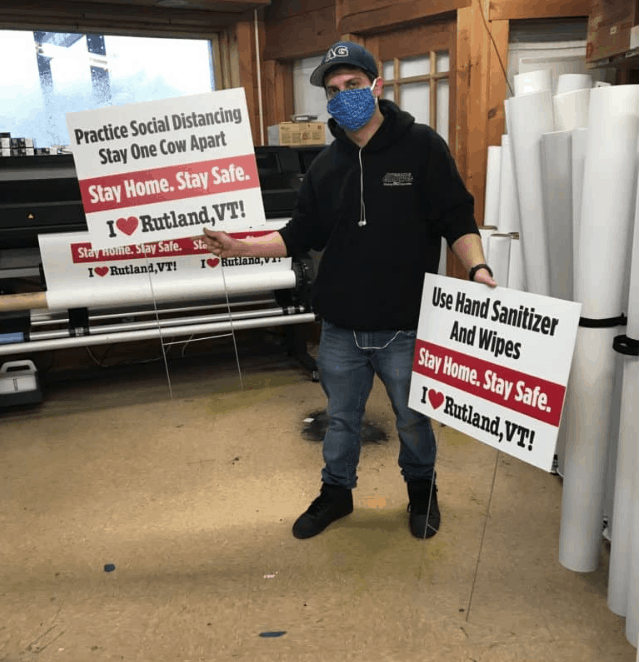
I Love Rutland launched a lawn sign campaign to help remind everyone of safe behavior and why everyone needed to participate (13). Telemedicine gained popularity. Unemployment claims reached new highs, and the state of Vermont enacted an alphabetical system to help everyone properly file. But some worried that collecting unemployment, including the $600 a week bonus, was too good, with people making more money than they would working.
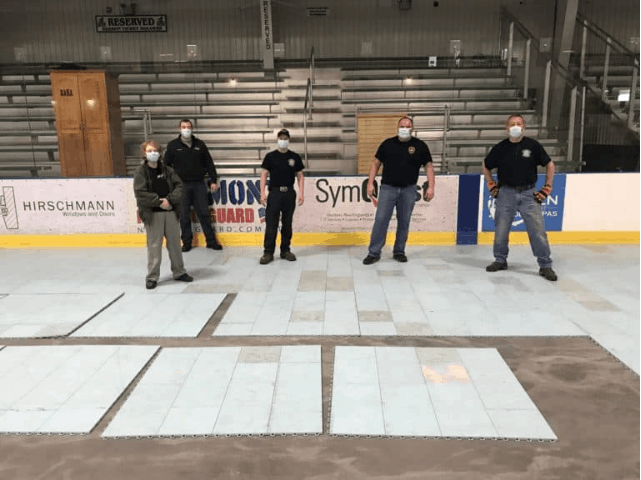
Castleton University cancelled its graduation and Governor Scott tightened travel restrictions, including closing down hotels and Airbnbs. By April 9, the state of Vermont was recommending everyone wear masks in public. Rutland Regional Medical converted Spartan Arena into a surge site, and said it had adequate PPE for its staff (14).
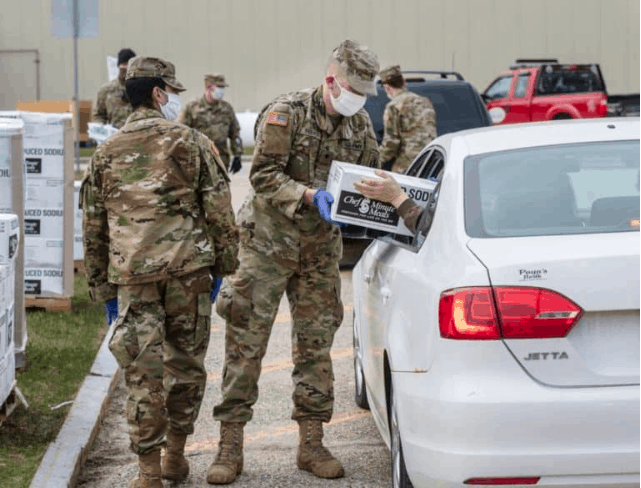
After six weeks of quarantine regulations, food security had become a major issue for many. The National Guard was activated to help feed struggling Vermonters. On April 24, they distributed 112,000 Meals Ready to Eat (MREs)at the Rutland Southern Vermont Regional Airport (15). In Killington, The Garlic chef/owner Brian Gudelis and Lookout owners Phil and Joy Black cooked up dinners for those in need.
Restrictions began to be lifted on April 20, with small outdoor work crews allowed to resume work. Gov. Scott directed all Vermonters to wear masks while working or leaving the house, and extended his “Stay Home, Stay Safe” mandate until May 15.
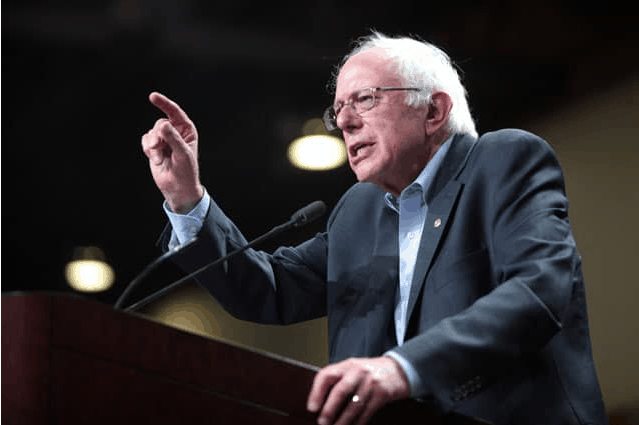
In other news, Bernie Sanders officially ended his presidential campaign on April 8, following the Wisconsin primary, and on April 15 endorsed Biden, (16). Castleton University president Karen Scolforo resigned after some controversy with then VSC chancellor Jeb Spaulding. Andrew Lapham Fersch was hired to lead the Black River Independent School.
May
As the temperatures rose, and the Covid-19 curve seemed to be flattening, the state began to loosen restrictions on outdoor recreation. This included parks, trails and golf courses, as well as allowing small gatherings. Covid-19 infections remained low in the state, making it unique among its neighbors.
Still, people were suffering. Eight thousand, five hundred self-employed Vermonters received $24 million through the Pandemic Unemployed Assistance program and REDC authorized $150,000 in revolving loans for businesses in need. Although some were making more money on unemployment than they would working, the state made it clear those called back to work must accept! The Vermont Agency of Transportation received a $21 million grant for public transit and the state received $1.25 billion in total Covid-19 funding from the federal government.
Testing for active infections and Covid-19 antibodies finally became available in Rutland and RRMC reinstated elective surgeries on May 5.
On May 9, snow blanketed Vermont, making the early mountain closure that much more painful, but at least Vermont was seeing positive trends when it came to Covid-19, as testing became available to anyone showing even mild symptoms.
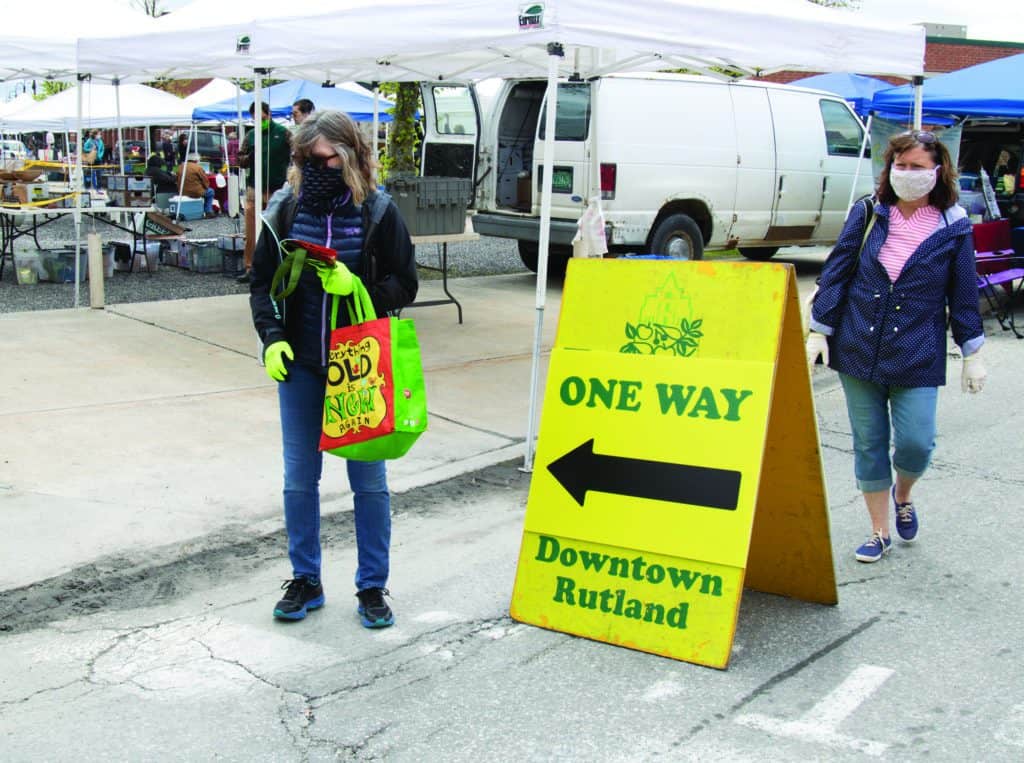
The Rutland Farmers’ market opened for business in Depot Park on May 16 (17) and retail establishments were cleared to open May 18. As the “Stay Safe, Stay Home” order dragged on, citizen enforcers made shaming and public scolding two of the main sticks in Vermont’s coronavirus compliance system.
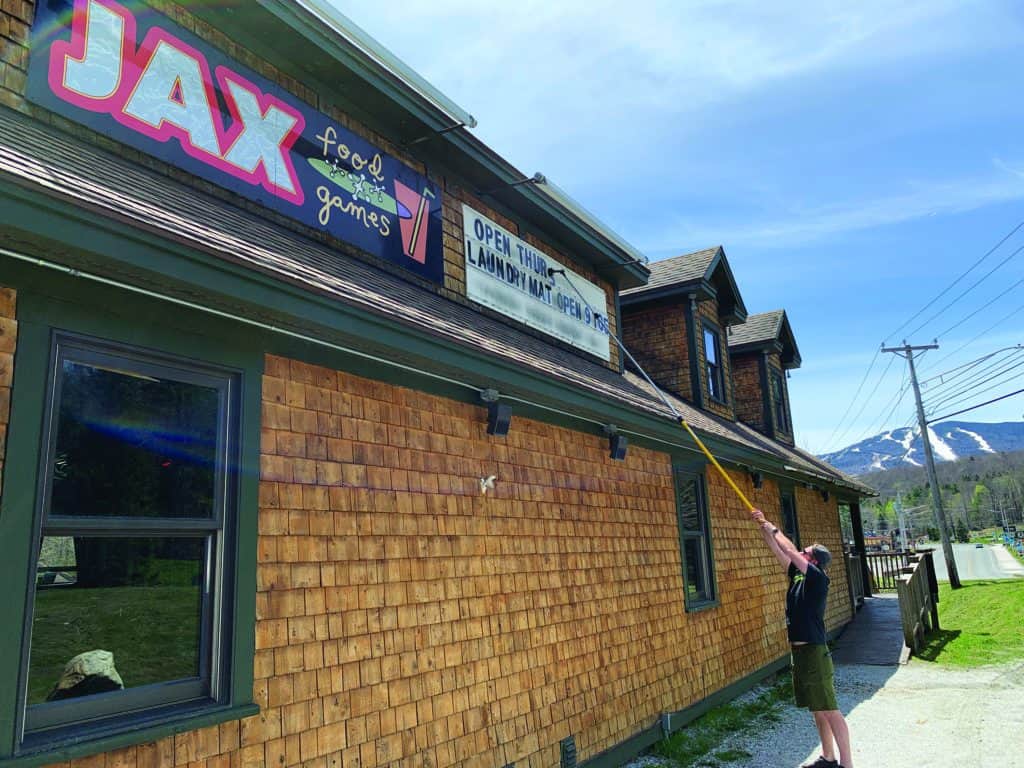
Local bike shops saw a major boom due to stay-at-home orders. Killington Resort opened for golf on May 23 and mountain biking June 6, and restaurants began offering outdoor dining on May 22 (18). Lodging facilities in Vermont were allowed to open, but only offer bookings to Vermont residents. While the majority of business complied with Gov. Scott’s orders, Club Fitness in Rutland was the first business sued by the state for opening an outdoor gym during the shut down. Vermont farmers partnered with the Vermont Food Bank to help with food insecurity and prevent raw milk from being destroyed, while modified school lunch programs helped keep kids fed.
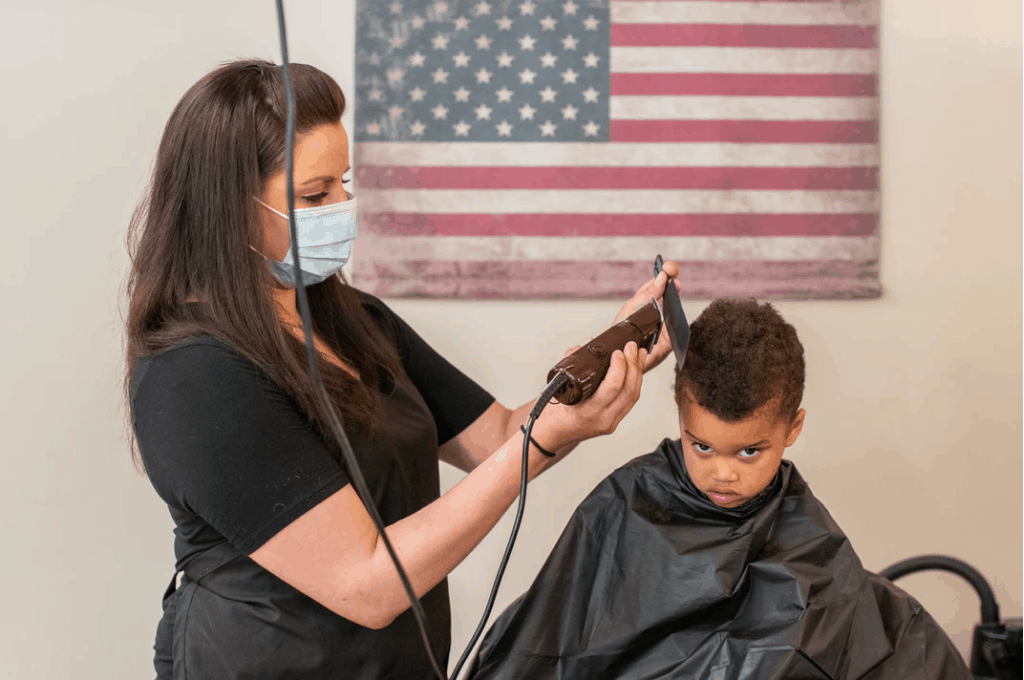
By this point everyone needed a haircut, luckily salons and barbershops started up service again on May 29 (19). The Church of our Savior at Mission Farm said goodbye to Rev. Lee Crawford after seven years and hello to Rev. Lisa Ransom. In politics, Gov. Phil Scott filed for reelection but said he would not campaign until the state of emergency ended (spoiler alert: it didn’t end, and he didn’t campaign.)
June
The reopening of the Vermont economy continued, with close-contact businesses including gyms, fitness centers, nail salons, spas and tattoo parlors, as well as cleaning services and other businesses that require home visits, and child care centers allowed to open on Monday, June 1. Some summer camps also started up, though they didn’t look quite the same as before. Covid-19 was still among us, as two cases grew to 12 in Fair Haven, and testing was also done at the Marble Valley Regional Correctional facility, after an inmate tested positive on June 16 — those tests all returned negative.
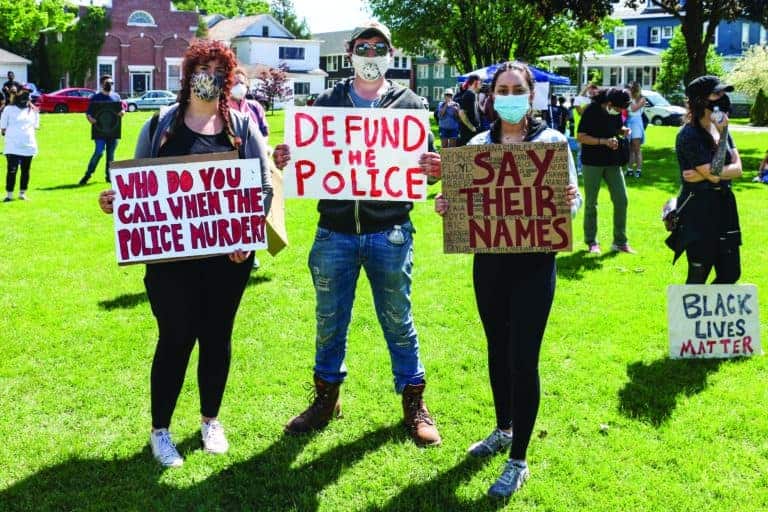
The death of George Floyd at the hands of Minnesota police on May 25 opened another gaping wound in America, and protests took place around the country, including Vermont (20). Thousands gathered in Burlington and Montpelier, and in Rutland a silent vigil was held. Vermont state and local police condemned police brutality, and Gov. Scott launched a racial equity task force in the state, as well as giving many impassioned speeches. In Montpelier, over 200 people painted “Black Lives Matter” on the road in front of the State House, only to find it vandalized the next day (21).
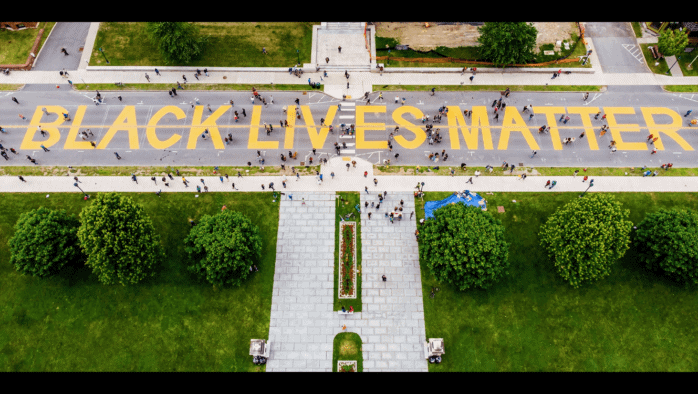
While most businesses were allowed to operate at this point, the pandemic was having dramatic effects on many industries, such as events and weddings. In Rutland, the Paramount Theatre announced one creative solution — a drive-in theatre at the Vermont State Fairgrounds. Meanwhile others were less compliant— Rutland Fight Night was canceled only after the state issued a cease and desist order.
K-12 schools were busy planning for fall, when things would look very different for students. For example, rehab of the Prosper Valley School was prioritized partially due to the virus and the potential need for additional capacity. And Rutland’s Center Street got a makeover to make it more pedestrian and business friendly.
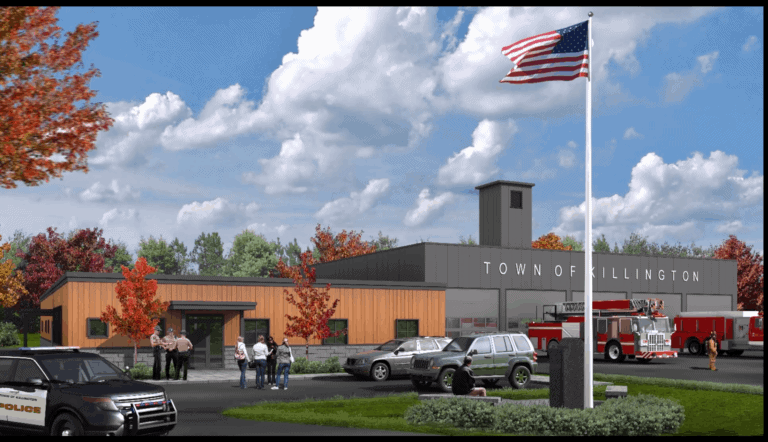
Oh, and remember those short term rental regulations Killington made back in January? In June, residents filed a petition against it. Some progress was made on the Killington Road Master Plan and Public Safety Building (22).
July
Holy cow, it’s already July? Where were we? Vermont remained a great place to weather the Covid-19 pandemic, and Gov. Scott expanded the area covered under Vermont’s county-by-county quarantine-free travel policy, which allowed direct travel from designated counties without a 14-day quarantine requirement. During the pandemic, Vermont’s homeless population was housed in hotels, which highlighted the need for long-term solutions. Another study showed women are disproportionately affected by Covid-19.
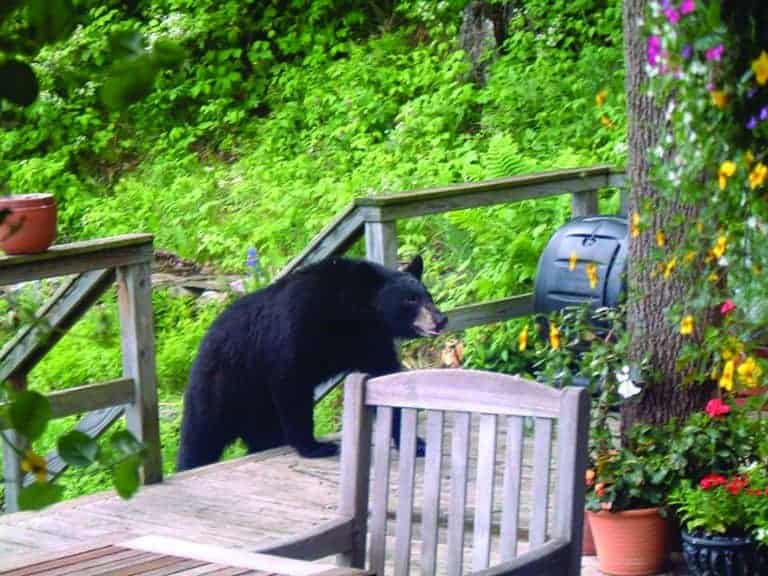
Vermont’s composting law went into effect on July 1 and area entrepreneurs stepped up to help ease the transition. Also excited about the food scraps ban were bears, who had a banner year for cubs, and combined with drought-like conditions, were showing up in places they’d never been spotted before (23).
Fireworks lit up the night sky over Killington on July 4, and the state praised the town and resort for their joint efforts. The Paramount also held fireworks at its new drive-in, and Eric Mallette took the reins as interim director. The initial success in Rutland led to a second drive-in theatre at Brandon’s Estabrook Park. Rutland City expanded Center Street’s sidewalks for outdoor dining (24). The Rutland Chamber and REDC announced plans to merge. Rutland High School students and alumni began a campaign to change the Raider mascot to something less offensive.
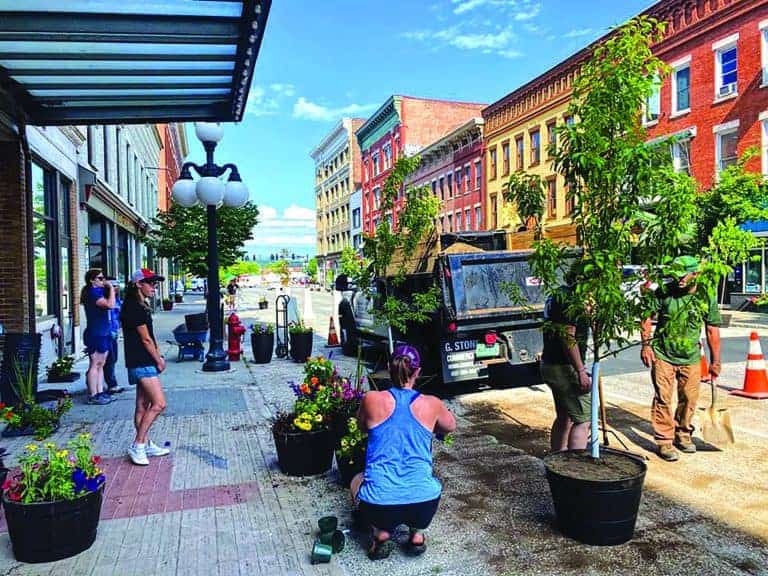
Also in Rutland, an officer-involved shooting on June 8 left one Rutland Police officer on paid administrative leave. Rutland Mayor David Allaire announced Matthew Whitcomb would serve as interim mayor beginning July 23, while Mayor Allaire underwent surgery for esophageal cancer.
As of July 16, only Hawaii had a lower Covid-19 case count than Vermont. In Woodstock, a mask mandate was enacted for public places, and Rutland Town did the same on July 22.
The state began providing guidance for colleges with students returning this fall. Scott said Vermont was on track to do so, and called it “very important” for our children. Castleton University planned to offer classes online, as well as welcoming students back to campus.
Grant money was flowing, with funds to improve air quality in K-12 classrooms, $25 million for struggling dairy farmers, as well as $30 million available to help residents at risk of losing their home due to the pandemic. Powdr Corp gave $350,000 to Killington Resort community with the launch of Play It Forward.
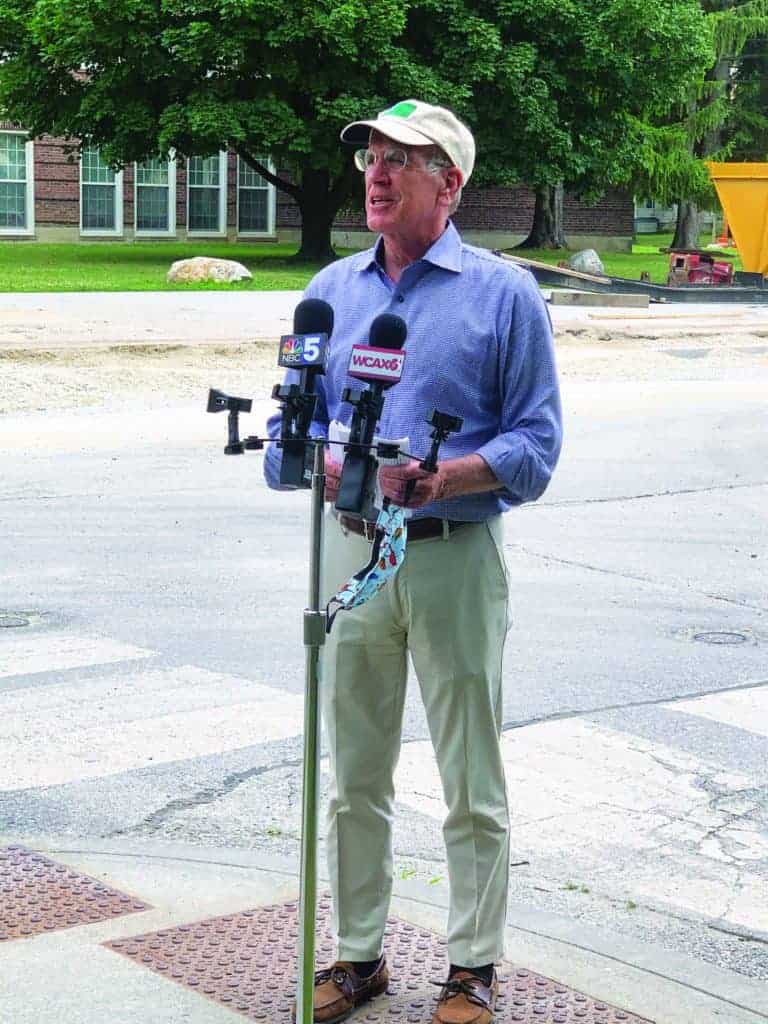
Congressman Peter Welch outlined a $1.5 trillion infrastructure plan while in Rutland, including funding for new wastewater infrastructure as well as funding to fix roads and bridges, rebuild schools, invest in clean water, provide more affordable housing and expand broadband (25).
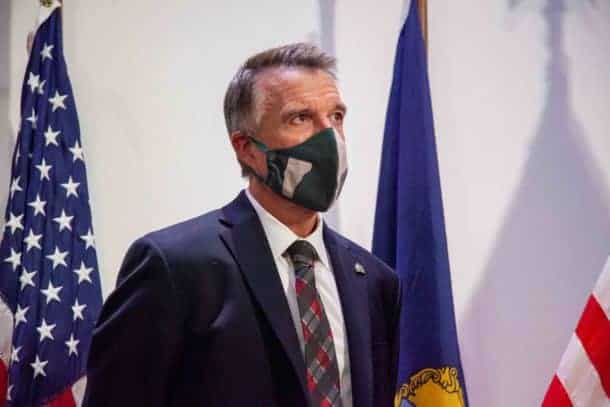
At the end of July, Gov. Scott announced the delayed start of K-12 schools until Sept. 8, but left exact plans up to the districts themselves (26). Educators looked at various solutions, including hybrid in-person and remote learning, staggered attendance to reduce crowding, shortened days and more. In the Windsor Central School district, “cohort” schedules kept groups together and all after school activities were cancelled. Many held classes outside. The only thing everyone agreed on was that things would change over the course of the school year.
Racial tensions remained forefront for many. Rutland Regional Medical Center implemented implicit bias training to ensure all patients are treated equally, and a Black Lives Matter flag caused controversy there and at Mill River Union High School.
August
By August, we were almost used to the new normal and Vermont’s case counts remained low. Then, a Covid-19 outbreak in Killington after a private party at the Summit Lodge snapped everyone back to reality, infecting 18 people.
Parents continued to wait nervously as school officials planned for reopening. Gov. Scott made it clear that in-person learning is essential for the youngest students; however, the Mill River Unified School district announced that it would not offer in-person learning at all. Windsor Central School District held a series of town hall meetings to determine its plan. RNeSU used a half-day hybrid remote model for safely bringing back students.
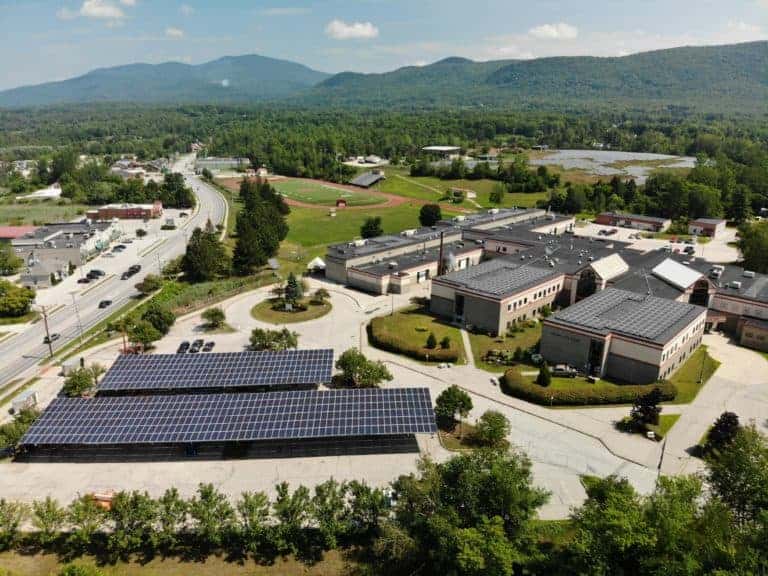
Rutland area schools were outfitted with solar power as part of an energy performance plan created by Johnson Controls and financed by energy savings generated through the plan, rather than taxes (27). Speaking of taxes, both Rochester-Stockbridge and Slate Valley school districts finally passed their budgets, the latter by a mere 16 votes.
Black River action team celebrated 20 years, long-time parks director Craig Whipple retired, and Come Alive Outside director and founder Andy Paluch moved on to other ventures. Voters in Hartland approved funding redesign and construction of the Three Corners intersection of Quechee Road, Route 5 and Route 12 to the tune of $1,425,000.
Even amid the bizarre Covid climate, things were changing and evolving locally. The former Cortina Inn was converted into a residential care facility—Vista Senior Living opened in September. The former Green Mountain College campus was purchased at auction for $4.55 million by the founder of WhistlePig whiskey, Raj Peter Bhakta, who plans to use the property for an agricultural project. And Rutland City received a federal grant to purchase College of St. Joseph’s recreational facilities.
Sadly, but expected, Killington announced the Women’s World Cup ski race was cancelled for 2020, to return in 2021.
Early primary voting began, with Vermont’s turnout shattering previous records.
September
On Sept. 3, Killington Resort hosted its largest grocery giveaway yet, distributing groceries that were 100% locally sourced in its “Farm-to-Trunk” giveaway. And the Everyone Eats program kicked off in Rutland, handing out free restaurant-prepared meals to those in need. Frontline healthcare workers were invited to enjoy a free meal at The Foundry thanks to Farrell Distributing’s Raise a Glass program. Unfortunately, Thomas Dairy announced it was closing after 99 years.
In the college town of Castleton, a 25 person limit on gatherings was put into place after a party ended in a stabbing and sent three to the hospital.
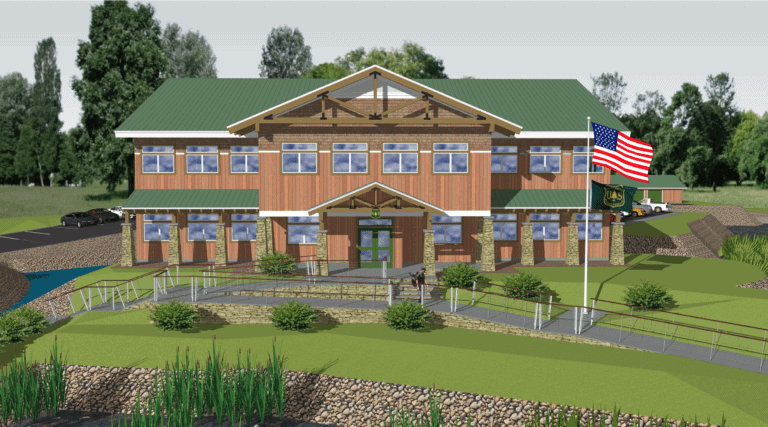
On Thursday, Sept. 10, Sen. Patrick Leahy’s office and Green Mountain National Forest officials announced plans to build a new $6-million facility on Route 4 in Mendon (28). Construction will begin spring 2021 and it is expected to be completed by fall 2021.
Students went back to school on Sept. 8, many seeing the inside of classrooms for the first time since March 15. It was interesting that school enrollment locally appeared to be significantly higher than last year, with more out-of-town students enrolling in local schools this fall. Killington Elementary reported a near 20% increase in enrollment.
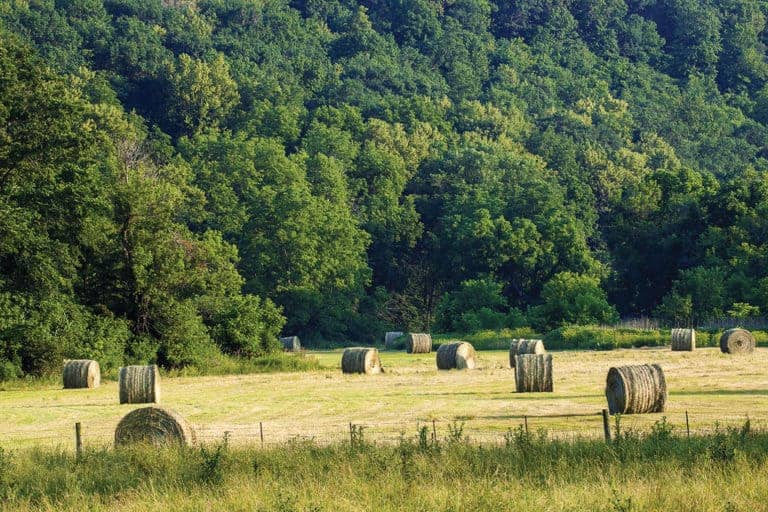
Unfortunately, Covid-19 claimed two restaurants in Rutland. Both Kelvan’s and the Downtown Gentlemen’s Salon’s Speakeasy Cafe announced they would close. For farmers, it wasn’t just Covid-19 that was problem, but a lack of rain. Drought conditions affected crop yields across the state (29).
With schools reopening, the first few cases of Covid-19 surfaced among students. Hartford High School announced one positive case, but remained open. Crossett Brook Middle School in Duxbury moved remote after two students tested positive.
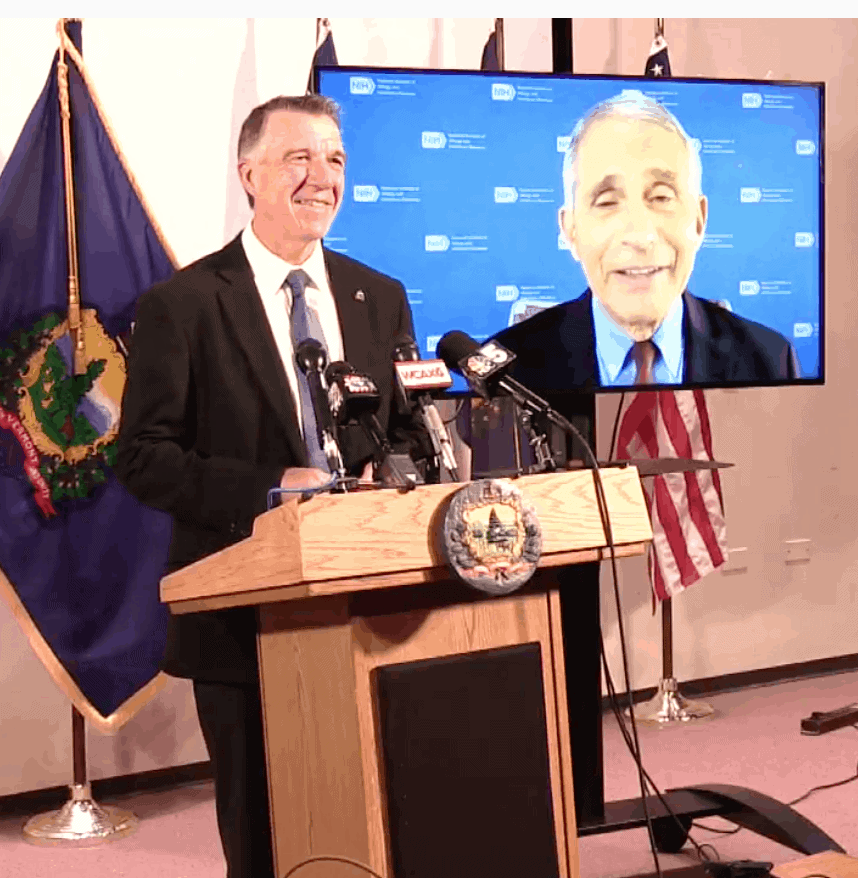
Dr. Anthony Fauci appeared via video-conference at Phil Scott’s weekly coronavirus briefing. Dr. Fauci commended the state of Vermont, calling it a model for “how we can reopen our economy, get our children back to school and people back to work in a safe, measured and prudent way” (30).
Heritage Family Credit Union and the City of Rutland reached a deal on the purchase of a 20+ acre portion of the former College of St. Joseph campus, making purchase contingent on city voters’ approval (which they got in November).
On Sept. 18, Gov. Scott announced bars could reopen (with safety measures in place), and hotels and inns could once again fill to 100% capacity. Many area hospitality businesses bemoaned that it was too little, too late to save their foliage season, and hoped the state would step in with more funding.
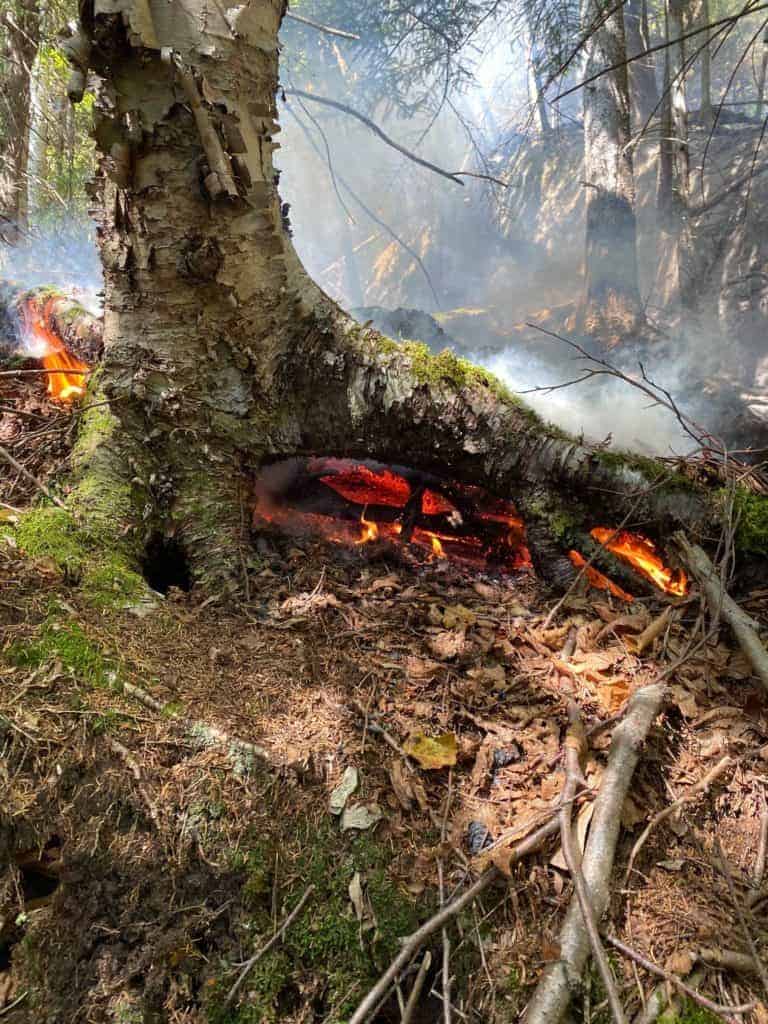
On Sept. 19, a fire broke out on Deer Leap in Killington due to careless campers and extra dry conditions, and continued to smolder until it finally rained a week later (31).
In Montpelier, the Senate overrode Gov. Scott’s veto of the Global Warming Solutions Act, making it law. Boy Scout Camp Director Clint Buxton finished his Long Trail trek on Sept. 24, which raised $30,000 for programs threatened by Covid-19 (32).
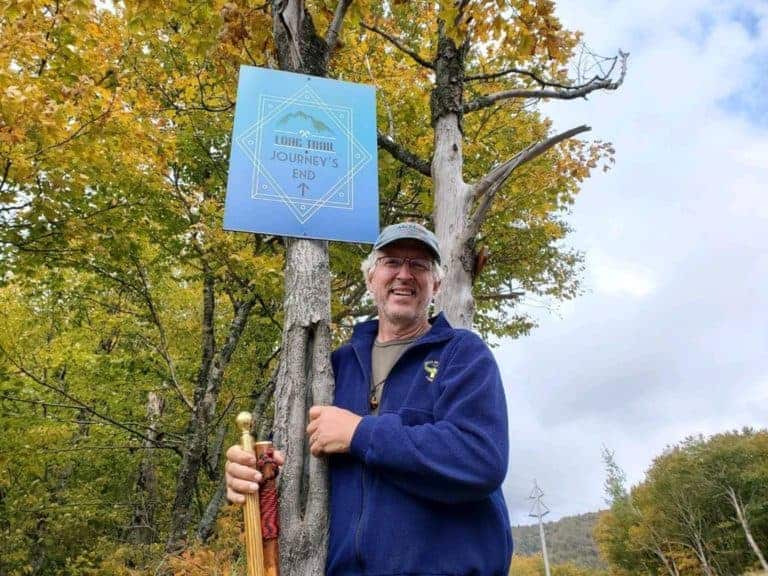
The Legislature completed its session for 2020 on Sept. 25, after finalizing a budget and allocating nearly $1.25 billion of federal stimulus funds. One beneficiary was local schools, which received money to upgrade ventilation systems and improve air quality. Another $3.8 million grant was awarded for suicide prevention.
October
Ahh foliage! As if we weren’t happy enough to be in Vermont already, Mother Nature put on a serious show this year. In addition to the natural beauty, we also received some clarity on what the ski season would look like. Killington resort held its annual meeting virtually and announced plans for its parking reservation system to control crowds and ensure state mandated Covid protocols were met.
Woodstock Pharmacy closed Oct. 4 after 167 years. Though not entirely due to Covid, owner Gary Smith said business was down about 25%.
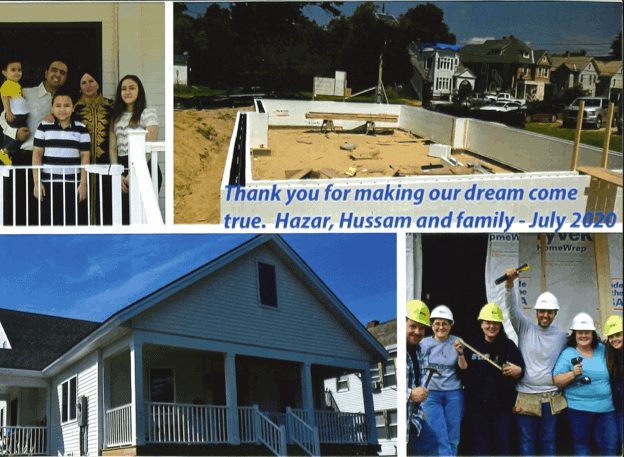
A family of Syrian refugees has a home, thanks to Rutland Habitat for Humanity (33) and Vermont received more praise for its Covid-19 response, this time from White House coronavirus task force member Dr. Deborah Birx, who spoke at UVM.
As we moved ever closer to winter, Killington, Okemo and other local resorts reported an increase in season pass sales. Unfortunately, also up were fatal car crashes, despite fewer cars on the road due to the pandemic.
Gov. Scott directed ice rinks to close through Oct. 30 after outbreaks in Vermont and New Hampshire resulted in 158 cases of Covid-19 among 23 different ice hockey teams.
Castleton University announced its plans for the spring semester, delaying the start and offering classes in a mix of modalities. At primary schools, health restrictions requiring kids with runny noses be sent home were causing challenges for childcare and employees. And in Windsor, the principal was terminated over a controversial Facebook post.
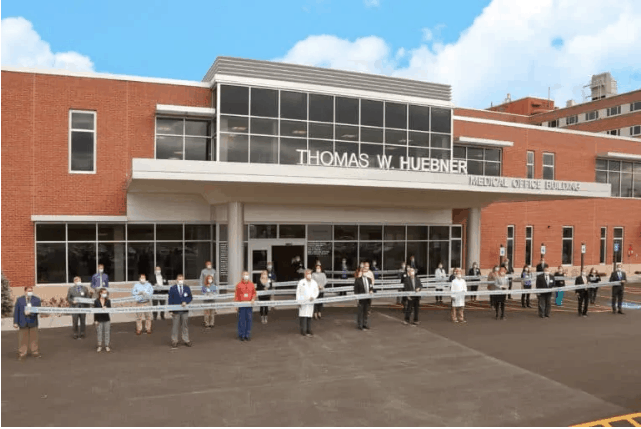
On Monday, Oct. 19, The Thomas W. Huebner Medical office building at Rutland Regional Medical Center was officially dedicated, on budget and only slightly delayed (34).
A rare full moon on Halloween night helped ease the loss of the annual city parade through downtown Rutland. Organizers in towns around the area worked to provide safe alternatives such as drive-thru trick-or-treating.
Vermont sent its vaccine distribution plan to the CDC, and participated in a nationwide Phase 3 study. The state was credited for helping update the definition of what it is to be a close contact.
November
Seems like something happened in November. Oh yeah, the much-anticipated presidential election! Republican Gov. Scott was reelected handily, even after telling voters he would vote for Biden instead of Trump, and Biden won the highest office, even though not everyone has admitted it yet.
But enough about that, it was almost time to ski!
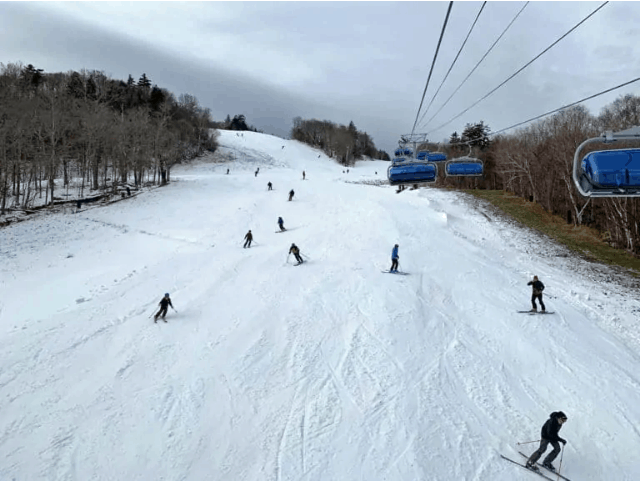
A few days of cooler temps in early Nov. allowed Killington to crank up its snow making, and they aimed for a Nov. 14 start date. But as Vermont does, a week of near-70 degree temps pushed that date back to Nov. 19. When the lifts finally did spin, though, it was good. Really, really good (35).
Despite all the uncertainty, business continued in our area and some grew. Killington Kandy found success in the CBD candy market, and contract manufacturer Kalow Technologies expanded in Rutland. Local currency programs such as “Real Killington Bucks” had an impact on sales in 20 towns around the state. Killington voters approved the zoning change for short-term rentals on Nov. 3, 482-262, but the actual form to register required two more Select Board meetings to finalize.
And then there was that second wave. Covid cases hit a new high in Vermont, with 109 new cases reported on Nov. 12. In response, Gov. Scott suspended the initial safe travel map, and any travel to Vermont now required 14-day quarantine for all non-Vermont residents. Local inns had to act as the stewards for the state to enforce these regulations. Birch Ridge Inn in Killington also added state-of-the-art biodefense technology to its open spaces to keep guests safe (36).
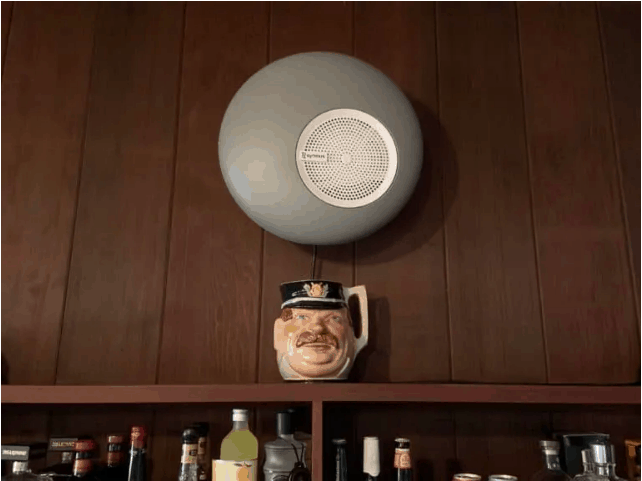
Cases of Covid-19 continued to skyrocket around the country, world and even in Vermont. The state reported 148 new cases on Nov. 19, and added another death, bringing the total since the start of the pandemic to 61.
An outbreak at Rutland Healthcare and Rehabilitation Center continued. Gov. Scott reiterated personal responsibility in his weekly press conference, calling for sacrifices in the name of patriotism. These sacrifices included skipping holiday travel and multi-household celebrations including Thanksgiving, as many cases were being spread by small family gatherings.
December
And finally, the last month of 2020 arrived. In attempt to bring some Christmas cheer, Gov. Scott called on Vermonters to help light the way this holiday season. Several towns organized their own incentives to deck the halls, including Pittsford, Brandon, Ludlow, Hartford and Rutland, where many houses went all-out.
Vaccines finally arrived and hospitals in Vermont implemented their distribution plans. While outbreaks around small gatherings were receding, new cases continued to grow at alarming rates. On, Dec. 3, the state reported 178 new cases and the death toll reached 75.
In Killington, the saga around the rental houses — and particularly one located at 287 Estabrook Road — continued. Rental home owner Vincent Connolly penned a letter to the editor sharing his experience of the town’s “selective enforcement.”
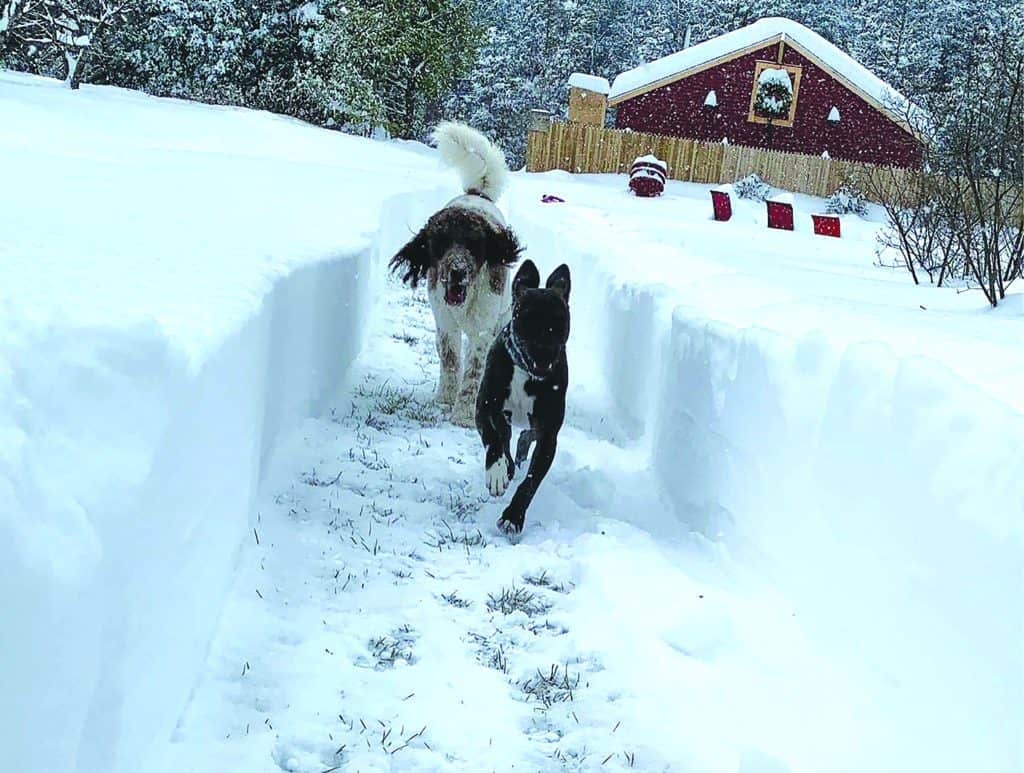
On Dec. 17, we awoke to a very pleasant surprise. The Nor’Easter that was supposed to drop six inches, dropped 2-3 feet! (37). It was a wonderful week until a Christmas Eve rain storm melted it all away.
In Rutland, a new mural, “Rise Up,” in the Howe Center hopes to inspire those recovering from addiction (38) and Eric Mallette officially became director of the Paramount after Bruce Bouchard retired. Rutland Town also received a grant for a new pocket park at Mead Falls. Bridgewater, Castleton and Rutland received $1 million in grants for community development projects. The Vermont Food Bank received its largest donation ever, $9 million from Amazon CEO Jeff Bezos’ ex, Mackenzie Scott.
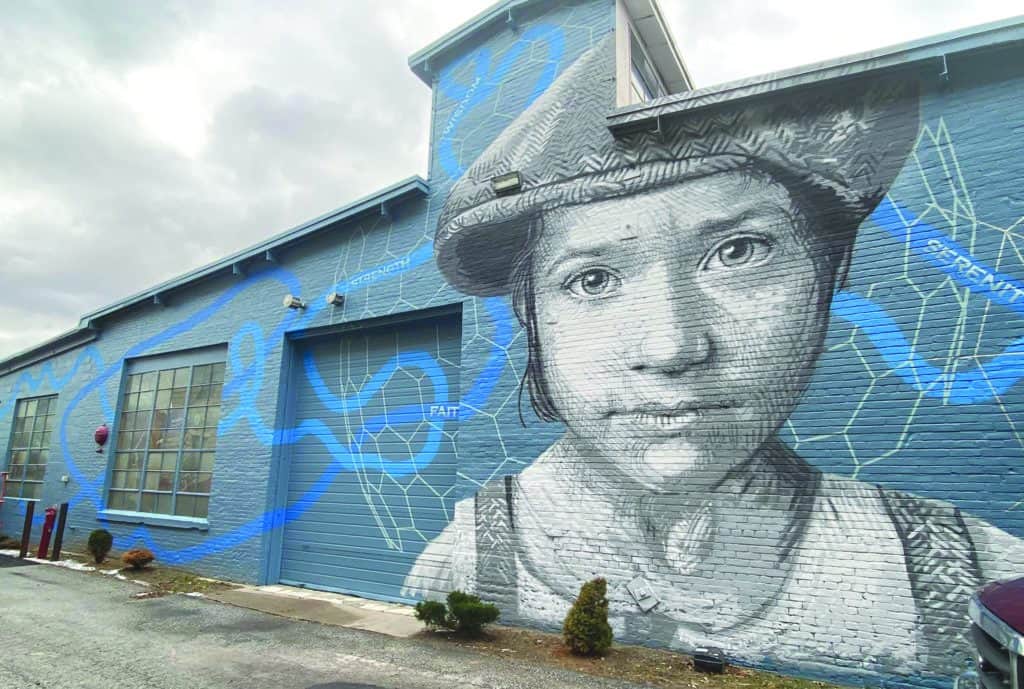
On Dec. 23, Gov. Scott relaxed Covid restrictions slightly, allowing Vermonters to gather with one other trusted household for Christmas through the New Year. The year ended with 7,412 Covid cases and 136 deaths. And a mysterious monolith appeared in Pittsfield, which was promptly used for snowboarding.
In Killington, the Pickle Barrel nightclub reopened on Dec. 19. Liquid Art celebrated 10 years in business, and Mountain Meadows Lodge reopened after extensive renovations. Finally, after 34 years, Chef Claude passed the torch at Choices restaurant in Killington.
And now, it’s 2021. Let’s all keep our fingers crossed that the Mayan who made their calendar was not dyslexic and this year will be better, brighter and healthier than 2020!




